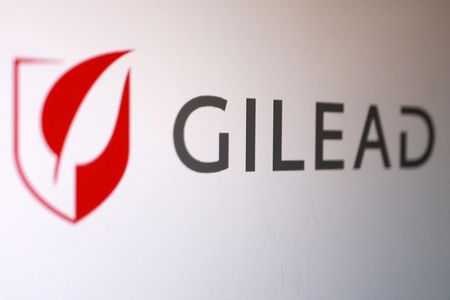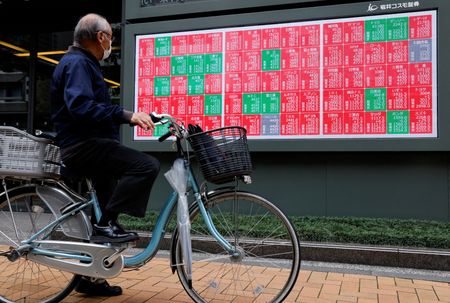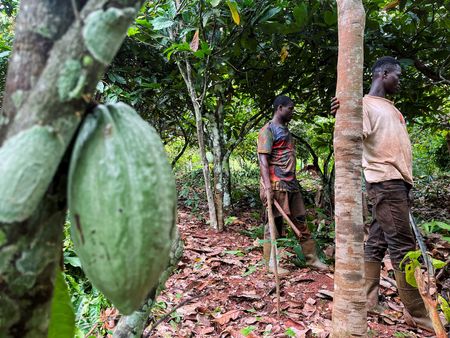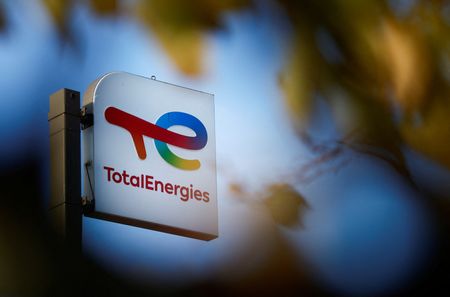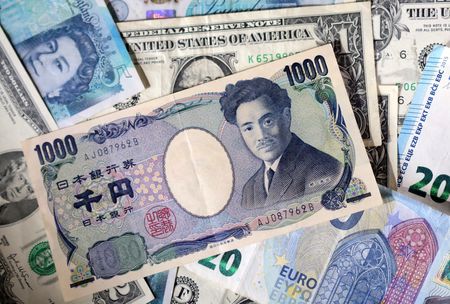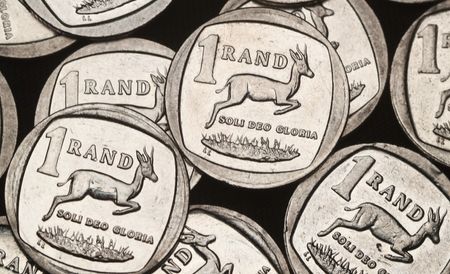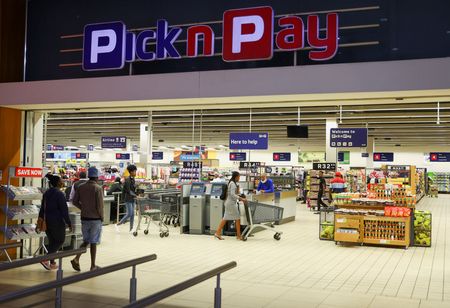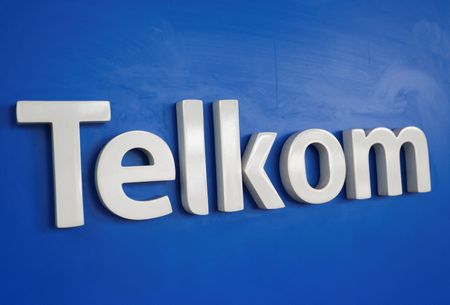By Daphne Psaledakis, Simon Lewis and Elias Biryabarema
WASHINGTON (Reuters) -About 1,000 doses of Gilead Sciences Inc’s drug lenacapavir were delivered to Zambia and Eswatini last Thursday, U.S. and company officials said, the first delivery under a U.S. scheme to supply the HIV prevention drug to countries with a high prevalence of the virus that causes AIDS.
Zambia and Eswatini each received roughly 500 doses, and Gilead is working to receive regulatory approval for distribution in other so-called high-burden sub-Saharan countries. The African region remains the epicenter of the AIDS pandemic.
But the United States will not provide U.S.-funded doses to South Africa, which has the world’s highest HIV burden with about 8 million people, or one in five adults, living with the virus.
“Obviously we encourage every country, including countries like South Africa that have significant means of their own, to fund doses for their own population … U.S.-funded doses will not be going to South Africa,” Jeremy Lewin, senior U.S. State Department official for foreign assistance, told reporters on Monday.
U.S. President Donald Trump has clashed with South Africa, confronting South African President Cyril Ramaphosa in May with explosive false claims of white genocide and land seizures during a tense White House meeting. Trump also canceled much-needed aid to the country, expelled South Africa’s ambassador and criticized its genocide court case against Israel.
GAME-CHANGER
The U.S. State Department announced a plan in September to bring lenacapavir to market “at cost” in high-burden HIV countries to reach two million people over three years. Under the plan, Gilead would offer, without making a profit, the long-acting drug to the Global Fund and the U.S. President’s Emergency Plan for AIDS Relief (PEPFAR), the world’s leading HIV/AIDS initiative.
Lewin previously said the State Department had agreements with 12 countries that will receive doses, but did not identify them.
Gilead CEO Daniel O’Day said on a media call on Tuesday that the company was working with other governments in partnership with the Global Fund and PEPFAR and has submitted marketing authorizations through Rwanda, Tanzania, Botswana and several other countries.
“Lenacapavir is a game-changer … it brings forth the promise of ending HIV as a public health threat in a very, very short time if we deploy at scale and at speed,” Global Fund’s executive director, Peter Sands, said during the media call.
Trump ordered a 90-day pause on foreign aid after taking office in January and halted grants by the U.S. Agency for International Development (USAID), which had been responsible for implementing the bulk of the assistance under PEPFAR.
Reuters reported in June that Trump’s cuts have restricted the availability of drugs that millions of Africans have taken to prevent infection – particularly vulnerable communities such as gay men and sex workers – as aid groups and public health systems in Africa strived to roll back the disease.
(Reporting by Daphne Psaledakis and Simon Lewis; Additional Reporting by Elias Biryabarema in Kampala; Editing by Richard Chang, George Obulutsa and)

